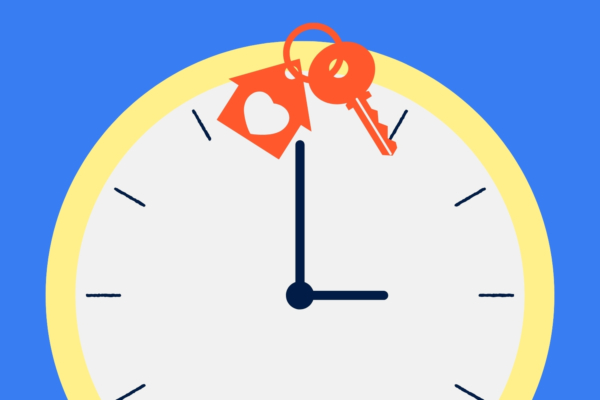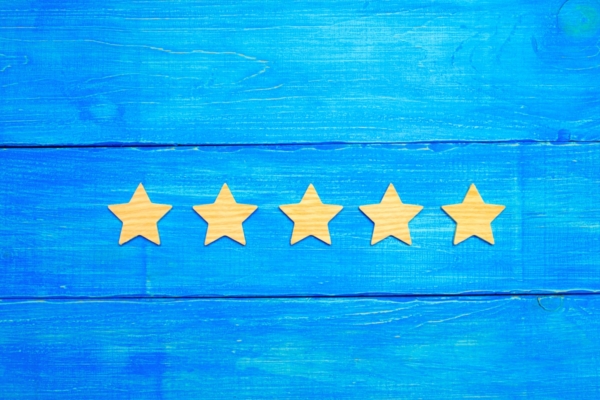
Asset or Liability? Here’s Where Your Home Falls on the Ledger

For many Americans, their home is the largest purchase they will ever make. This can lead prospective homebuyers to be anxious about the debt they will accrue. What matters more to your financial well-being: the positive value of your home or the negative value of your mortgage?
First, it’s important to understand the textbook differences between assets and liabilities. In simple financial terms, an asset is anything that can be owned that can also provide value for the owner. Since you have the option of reselling your house or converting it to a rental property, most people assume that their house is treated entirely as an asset.
But there’s also the balance of your mortgage to consider. In more simple financial terms, a liability is something owed. This often takes the form of a debt that needs to be repaid or a financial obligation, including loans and mortgages. Since homeowners carry mortgages on their home, some fear that a home might actually be treated as a liability. Given these simple definitions, it can be easy to see why deciding if a home is an asset or a liability can be confusing.
Buy Now, Refinance Later for Free
Finance your new home with Amplify and we’ll guarantee a no-cost refinance in the next 24 months.
The good news? Your home falls in the asset category even if you have not paid it entirely off. The value assigned to your home can be the amount you paid to purchase it, the taxable value or the current market value based on how other houses are selling in your neighborhood. This means you could potentially sell your house and receive the financial benefits, regardless of how that monetary value is determined.
Some say that since homes regularly require spending money to maintain them, this makes them a liability at all times — even if the house is owned outright. On the other hand, unlike a rental property, the value of your home can actually increase over time as the market grows. Given the financial definitions of asset and liability, a home still falls into the asset category. Therefore, it’s always important to think of your home and your mortgage as two separate entities (an asset and a liability, respectively).
Finally, your house is your home. If you are purchasing a house to live in, it is more important to think about finding what’s best for you and what makes you happy. Trying to make your home also work as an investment can get complicated. Remember that it is serving the purpose of being your home. If it happens to increase in value over time, great. But the more likely scenario is that even if it does increase in value, you will continue to spend money on repairs and improvements.
Step Into Your New Home
Finance your new home with Amplify and we’ll guarantee a no-cost refinance in the next 24 months.


